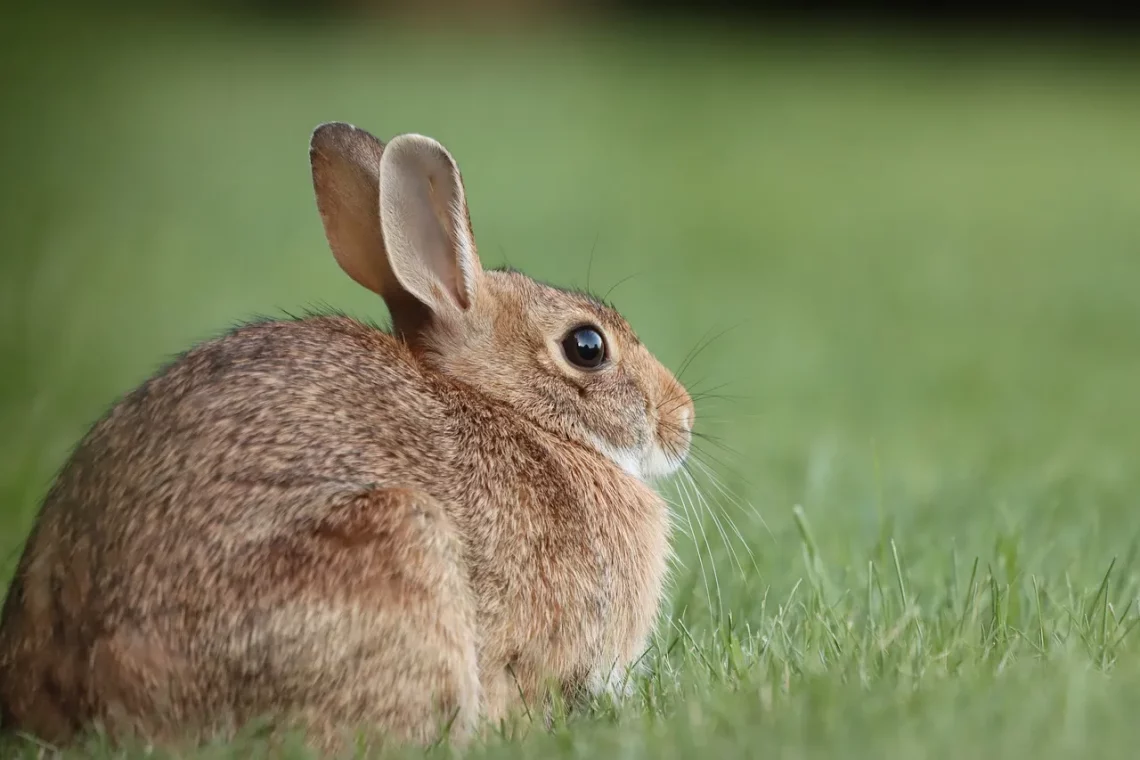
The Joy of Rabbit Sitting: Tips for Caring for Your Furry Friend
Caring for a rabbit can be a delightful and rewarding experience, but it also comes with its own set of responsibilities and considerations. These charming creatures, with their soft fur and playful personalities, have a way of hopping right into our hearts. Whether you are a first-time rabbit sitter or a seasoned pro, understanding the intricacies of rabbit care is essential to ensure a happy, healthy furry friend.
Rabbits are social animals that thrive on companionship and stimulation, making their care more than just providing food and shelter. They require a safe environment, mental engagement, and a balanced diet to flourish. Additionally, forming a bond with your rabbit can enhance their well-being, as they are known to be affectionate and responsive to their caretakers.
With the right knowledge and approach, you can create a nurturing space for your rabbit that caters to their physical and emotional needs. The joy of rabbit sitting lies not only in the act of caring but also in the connection you build with these endearing companions over time. Let’s explore some essential tips that will help make your rabbit sitting experience both enjoyable and fulfilling.
Creating a Safe and Comfortable Environment
To begin with, the environment you provide for your rabbit is crucial to their overall well-being. Rabbits are naturally curious creatures, and they enjoy exploring their surroundings. Therefore, it is important to create a safe space where they can roam without the risk of injury.
Start by rabbit-proofing the area. This means removing any hazards that could potentially harm your furry friend. Common household items like electrical cords, toxic plants, and small objects that can be swallowed should be kept out of reach. Additionally, consider using baby gates or playpens to define a safe space for them to explore.
Bedding and shelter are also important aspects of their environment. Provide a cozy and soft area where they can rest. Hay and soft blankets can make a great bedding choice. Ensure that their shelter is spacious enough for them to stretch and move comfortably. A safe hiding spot, like a cardboard box or a tunnel, can help them feel secure and reduce stress.
Temperature control is another factor to consider. Rabbits are sensitive to extreme temperatures, so keep their living area in a comfortable range. Avoid placing their habitat in direct sunlight or in drafty areas. A well-ventilated space is essential, especially during warmer months.
Lastly, ensure that your rabbit has access to fresh water at all times. A clean water bottle or a heavy bowl can be used to provide hydration. Regularly check and refill their water to keep them healthy and happy.
Understanding the Nutritional Needs of Rabbits
A balanced diet is vital for the health of your rabbit. Unlike cats and dogs, rabbits have a unique digestive system that requires a specific type of food to function properly. The foundation of a rabbit’s diet should consist of high-quality hay, which aids in digestion and keeps their teeth healthy.
Timothy hay, meadow hay, and orchard grass are excellent options to provide essential fiber. Fresh hay should always be available, as it encourages foraging behavior and prevents obesity. In addition to hay, fresh vegetables can be introduced to their diet. Leafy greens like romaine lettuce, kale, and parsley are great choices. However, it’s crucial to introduce new vegetables gradually to avoid digestive upset.
Pellets can also be included in their diet, but they should be given in moderation. Choose a high-fiber pellet that is specifically formulated for rabbits. Avoid seed mixes or pellets with added sugars, as these can lead to health issues.
Fruits should be considered a treat and given sparingly. While they are tasty and can be a nice addition to your rabbit’s diet, excessive sugar can lead to obesity and digestive problems. Safe fruit options include small slices of apple, banana, or berries.
Always ensure that your rabbit has access to fresh water, as hydration is key to their health. Monitor their eating habits closely, as changes in appetite can indicate underlying health issues. If you notice any significant changes, seek advice from a veterinarian.
Engaging Your Rabbit Through Play and Interaction
Rabbits are intelligent and social animals that require mental stimulation and physical activity to thrive. Engaging with your rabbit not only strengthens your bond but also provides them with necessary exercise and enrichment.
One of the best ways to interact with your rabbit is through play. Incorporate toys that encourage exploration and activity. Chew toys made from untreated wood, cardboard boxes, and tunnels can provide hours of entertainment. Rotate their toys regularly to keep things fresh and exciting.
Structured playtime is also beneficial. Allow your rabbit to hop around in a safe, enclosed area where they can stretch their legs and explore. Encourage them to play by using treats or toys to entice them. You might also consider clicker training, which can be a fun way to teach them tricks while reinforcing positive behavior.
Social interaction is another important aspect of their engagement. Spend time petting and grooming your rabbit to strengthen your bond. Each rabbit has unique preferences, so pay attention to how they respond to different types of touch. While some may enjoy being held, others may prefer to stay on the ground.
Remember to respect their boundaries. If your rabbit seems anxious or tries to escape, give them space. Building trust takes time, and each rabbit has its own personality. Patience is key in developing a strong relationship with your furry friend.
Recognizing Signs of Stress and Illness
Understanding your rabbit’s behavior is crucial to their well-being. Rabbits can be prone to stress and illness, so recognizing the signs early can make a significant difference in their health.
Common signs of stress include hiding, aggression, or changes in eating habits. If your rabbit is suddenly less active or is avoiding interaction, it may indicate that they are feeling anxious or unwell. Environmental changes, such as new pets or loud noises, can contribute to this stress. Make sure to create a calm and secure environment to help alleviate their anxiety.
Physical signs of illness can be subtle but should not be overlooked. Monitor their eating and drinking habits closely. A decrease in appetite or changes in their droppings can indicate digestive issues. Additionally, watch for any signs of lethargy, difficulty breathing, or unusual behaviors.
Dental problems are common in rabbits due to their continuously growing teeth. If you notice any signs of drooling, difficulty eating, or a change in their grooming habits, it may be time to consult a veterinarian.
Routine vet check-ups are important to maintain your rabbit’s health. Regular examinations can help catch potential issues early. Always seek professional advice if you notice any concerning changes in your rabbit’s behavior or health.
**Disclaimer:** This article is not intended to provide medical advice. For any health concerns regarding your rabbit, please consult a qualified veterinarian.
In conclusion, rabbit sitting is an enriching experience that requires commitment and understanding. By creating a safe environment, providing a balanced diet, engaging in play, and recognizing signs of stress or illness, you can ensure that your furry friend remains happy and healthy. The joy of caring for a rabbit is immeasurable, and the bonds formed during this time can last a lifetime.




